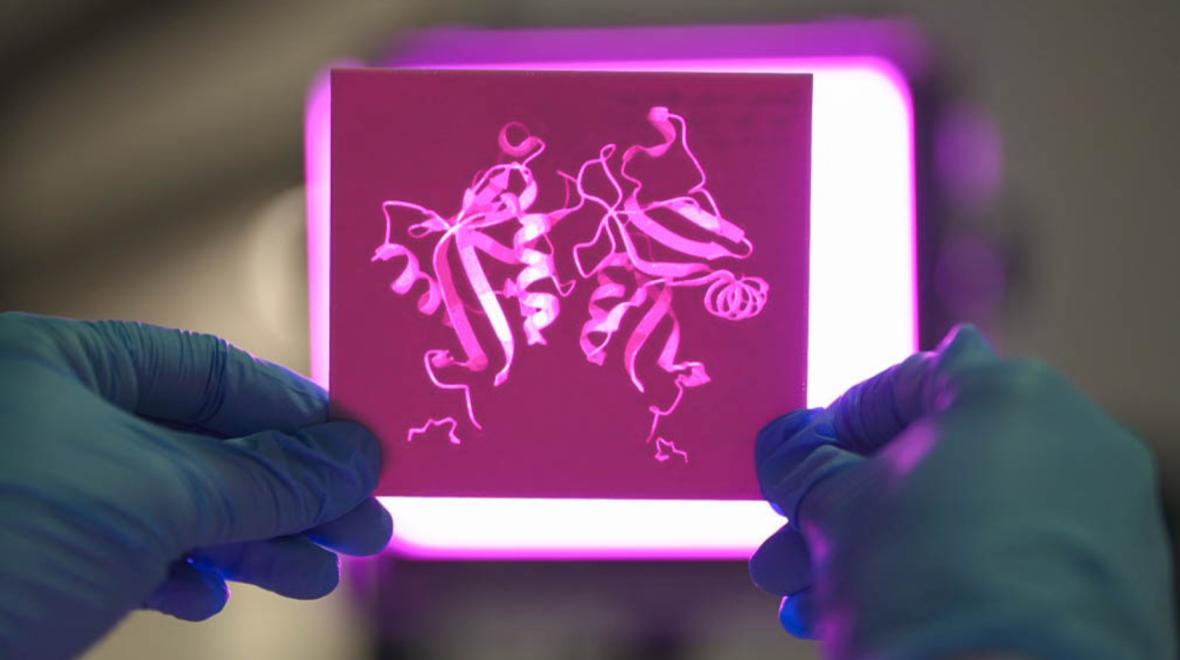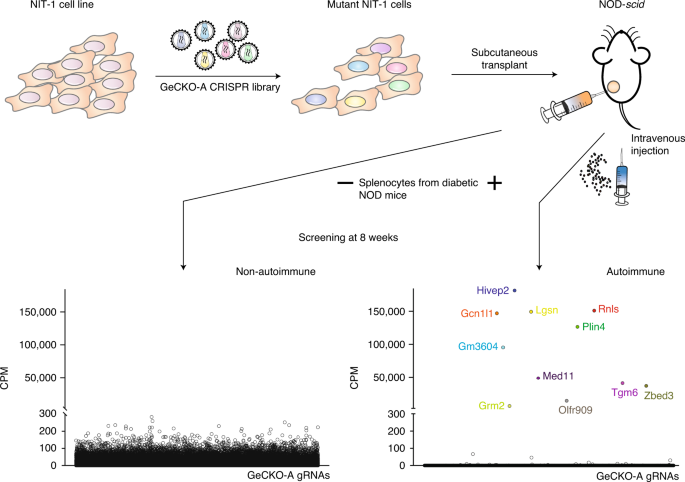
A protein in the immune system programmed to protect the body from fungal infections is also responsible for exacerbating the severity of certain autoimmune diseases such as irritable bowel disease (IBS), type 1 diabetes, eczema and other chronic disorders, new research from The Australian National University (ANU) has found.
The discovery could pave the way for new and more effective drugs, without the nasty side effects of existing treatments. In addition to helping to manage severe autoimmune conditions, the breakthrough could also help treat all types of cancer. The work has been published in Science Advances.
The scientists have discovered a previously unknown function of the protein, known as DECTIN-1, w...
Read More









Recent Comments